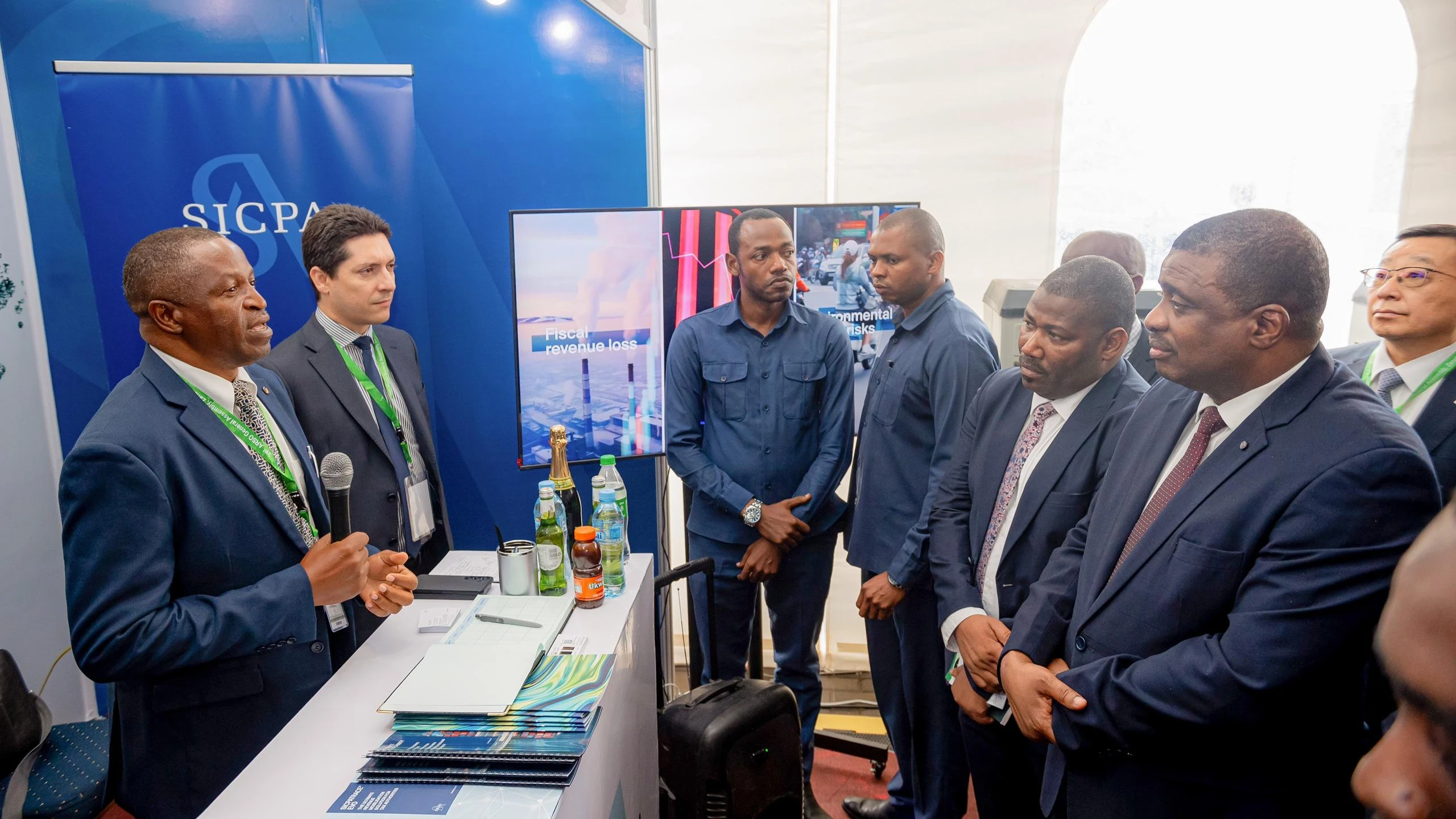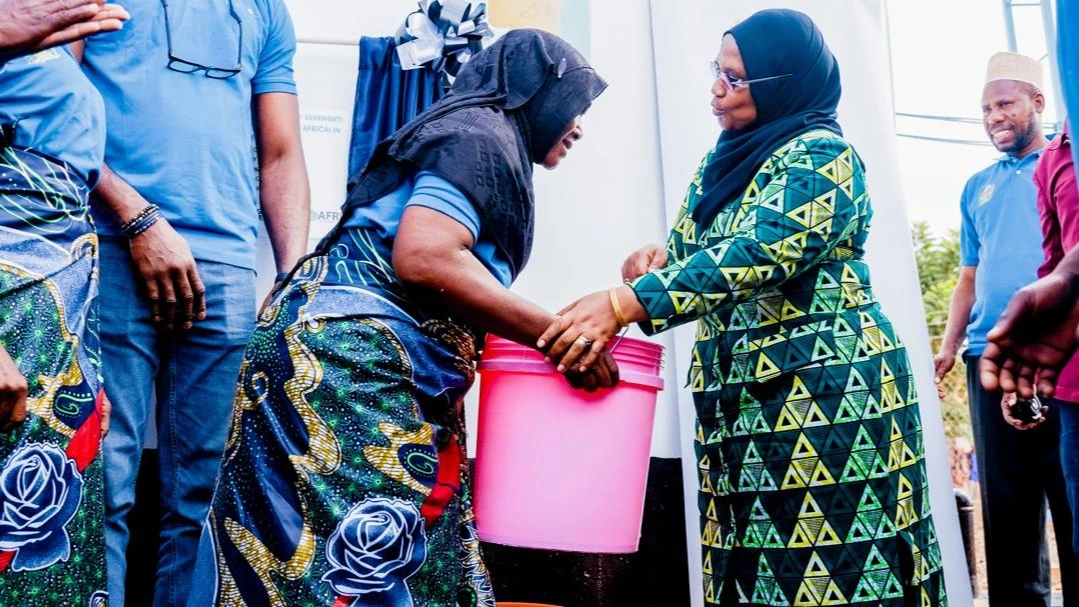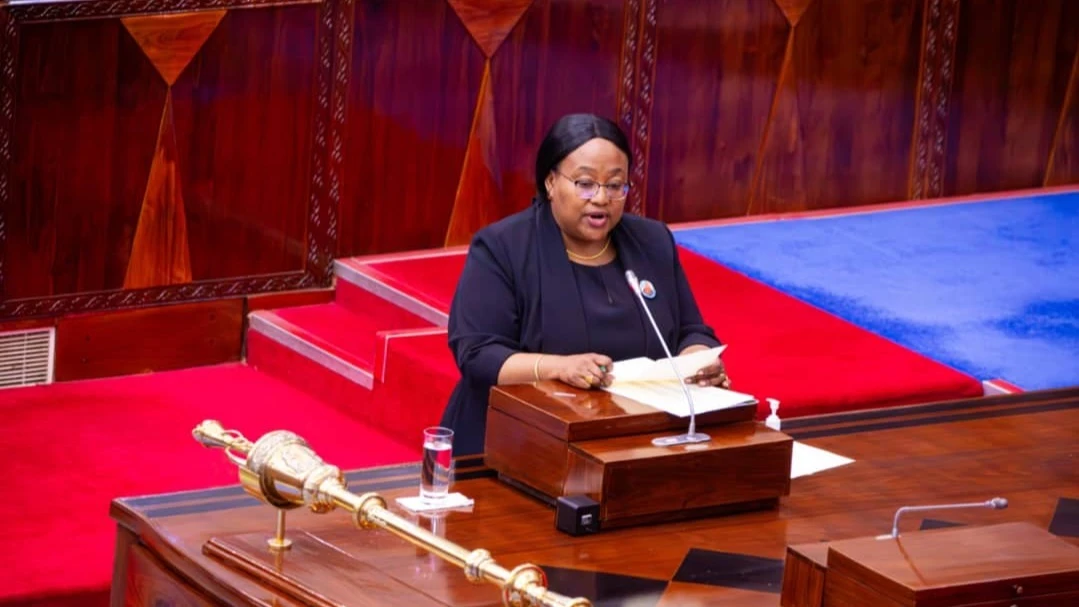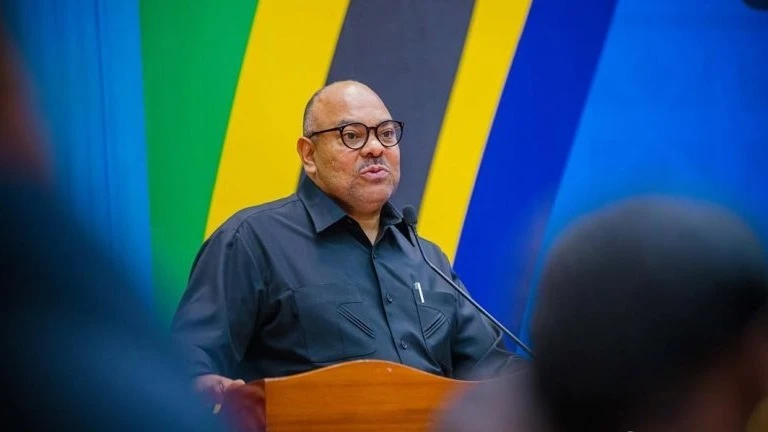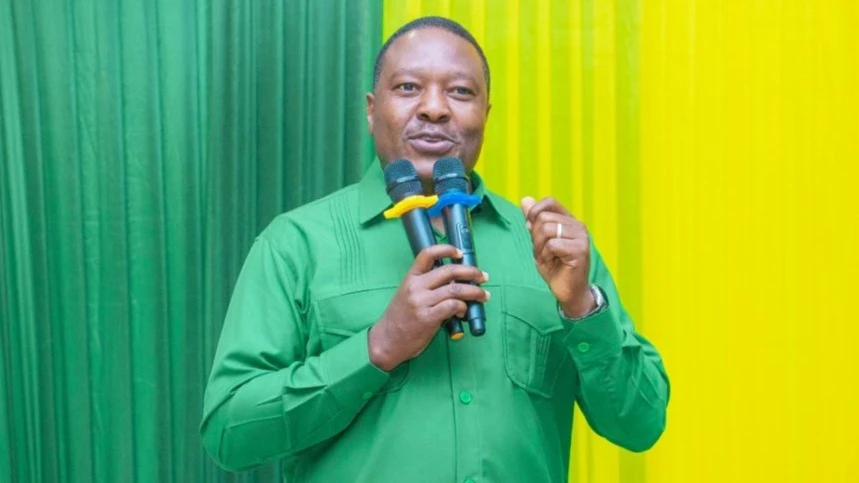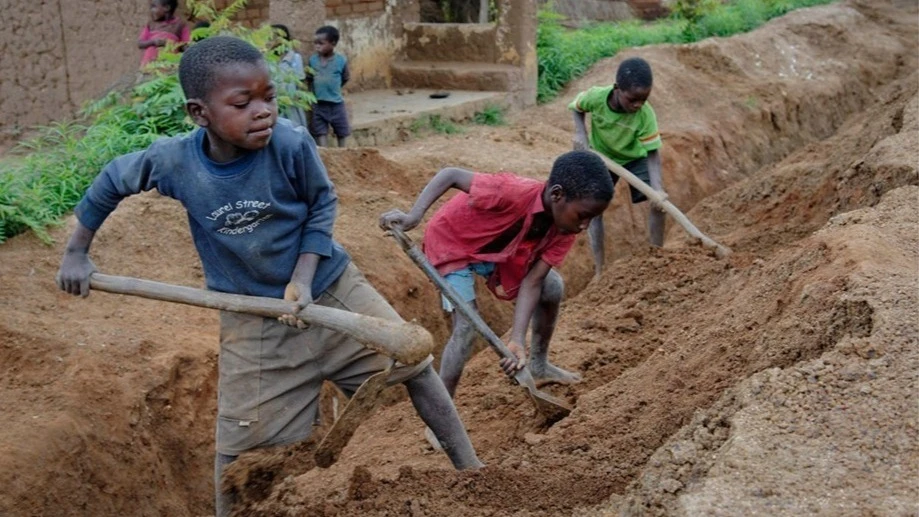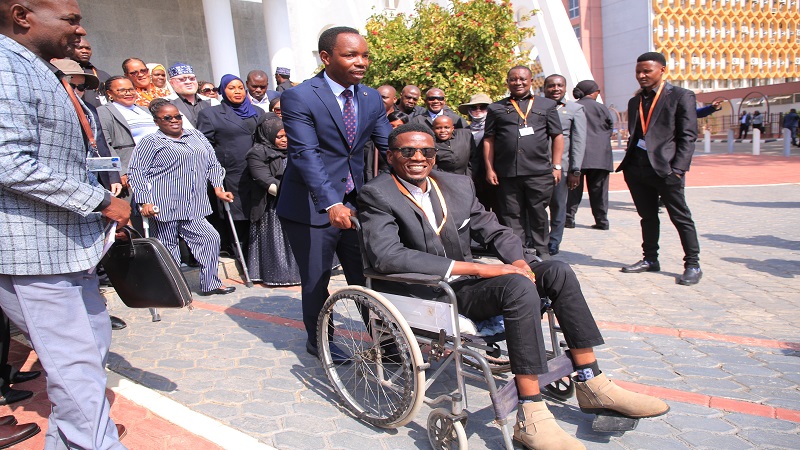Stakeholders point at urgency of UN tech assessment report
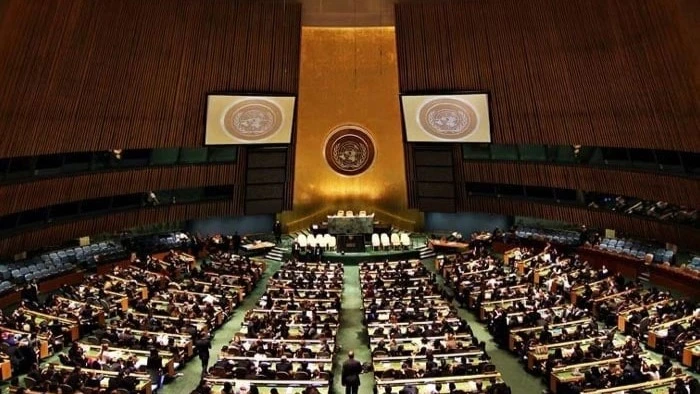
URGENT investments are needed in climate-smart technologies and data-driven approaches to speed up transformation in agriculture, fisheries and manufacturing, a new national technological assessment has affirmed.
Shaban Ali Othman, the Blue Economy and Fisheries minister for Zanzibar, when launching the United Nations supported report yesterday, urged top officials in all sectors to act decisively on the report’s findings.
He said the technologies are essential for driving sustainable development, improving food systems and supporting millions of livelihoods—especially among youth and women.
An online entry indicates that Technology Needs Assessment (TNA) is a systematic process used to identify, analyse and prioritize technological needs for an organization or a country.
It involves evaluating current technological capabilities, identifying gaps and determining the most effective technologies to achieve specific goals, such as improved efficiency, enhanced productivity, or addressing climate change challenges, it explains.
The UN Technology Bank prepared the TNA report to boost resilience to climate change and unlock inclusive, innovation-led growth, the minister noted, with experts noting that the report identifies data management technologies and climate-smart solutions as key investment areas.
This sphere includes digital platforms for agricultural extension, remote sensing tools for marine and environmental monitoring, electronic compliance systems along with precision irrigation and crop forecasting tools.
“The TNA is not a theoretical document, it is a practical roadmap. The recommended technologies can be deployed now to enhance productivity, sustainability and economic opportunity,” he stated.
Stressing the essential roles of the fisheries and livestock sectors in national food security and employment outlook, he pointed at modern tools like marine electronic monitoring systems (MEMS), vessel tracking technologies and tissue culture techniques as crucial.
They would help in seaweed farming, directly benefitting coastal communities and rural producers, many of whom are women, he said at the report’s launch in Zanzibar after it was earlier unveiled in Dar es Salaam.
“We must invest in infrastructure, skills and institutional capacity. This is a call to action for the government, the private sector and all stakeholders,” he emphasized.
Shigeki Komatsubara, the UN resident coordinator, described TNA as a strategic tool for advancing the sustainable development goals (SDGs), expressing satisfaction with momentum in that regard.
The economy is projected to double within a decade, supported by a population approaching 100 million and significant natural resource endowments, he specified, noting that the report has to lead to action.
“It is an opportunity to modernize agriculture, digitize fisheries and ensure that rural and coastal communities are not left behind,” he explained, underlining the report’s focus areas such as off-grid energy, digital agriculture and automated fisheries systems as lifelines, especially for the 60 percent of the population who depend on land and sea for survival.
Dr Edwin Mhede, the Livestock and Fisheries deputy permanent secretary, urged development partners to build on existing local capabilities, not replace them with externally imposed systems.
“We are not starting from scratch—we already have people, tools and experience on the ground. The next step is to scale up using smart investments,” he stated, citing the need to modernize aquaculture and livestock production using available tools.
Local species in freshwater fisheries still take six to eight months to mature, he said, asserting that it is a gap that can be shortened through targeted technology upgrades.
Deodat Maharaj, the UN Technology Bank managing director for least developed countries (LDCs), emphasized the importance of leveraging technology and innovation to fast-track development efforts.
He pointed out how TNA complements the national blue economy policy and is aligned with global best practices, particularly those guided by the International Seabed Authority.
Underscoring the participatory and inclusive methodology used in the technology assessment, he said this ensures that the proposed technological solutions are practical, sustainable and locally relevant.
“This is a Tanzanian-led initiative. Business must be at the table, and public-private partnerships must drive investment in strategic projects,” he pointed out.
A project prospectus is in development with the Tanzania Investment Centre, meant to attract foreign direct investment in agriculture, aquaculture, marine monitoring and renewable energy, he stated
The event was also attended by top officials from Turkey, Angola, Qatar and Irish embassies, as well as representatives of innovation institutions and multilateral organizations.
Tanzania currently ranks low on global indices for R&D investment and digital penetration. However, with over $559m raised by technology startups in 2024, and growing interest in agro-processing, fisheries automation and digital infrastructure, the country is quickly emerging as a new innovation frontier, the director intoned.
Top Headlines
© 2025 IPPMEDIA.COM. ALL RIGHTS RESERVED









